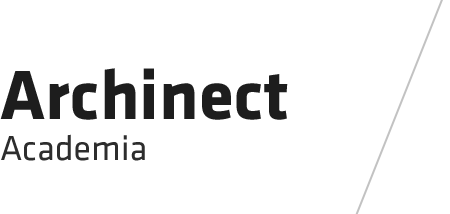
Philadelphia, PA
As American healthcare workers fight heroically to keep pace with the coronavirus outbreak, Penn faculty and students are pitching in to provide needed medical gear for the University's hospitals.
An effort to produce new face shields for hospital workers at Penn is being led by the Penn Health Tech COVID-19 Rapid Response Team, and coordinated by Mark Yim, Asa Whitney Professor of Mechanical Engineering and director of the General Robotics, Automation, Sensing and Perception (GRASP) Laboratory. (Yim is also faculty director in the Integrated Product Design program at Weitzman, a collaboration with Penn Engineering and Wharton.) Face shields are the protective, clear-plastic guards usually worn over top of the face masks that cover the nose and mouth. The Rapid Response Team is expecting a shipment of 10,000 face mask parts that an army of student volunteers will assemble for the hospitals next week.
“The hospitals need stuff now — as much as we can do,” Yim says.
With Penn’s campus closed to all but those involved in life-sustaining activities, four Weitzman staff members received authorization to return to Meyerson Hall to operate three laser cutters in the Fabrication Lab to manufacture the straps used for the shields, says Director of Operations and Planning Karl Wellman. The team, led by Fabrication Lab Manager Dennis Pierattini, is cutting straps out of 0.06-inch thick high-density polyethylene, the same type of flexible plastic used in milk jugs and ice-cube trays and other products, Wellman says.
“For as long as we need to, we’ll be coming in and fabricating this material,” Wellman says.
In addition to manufacturing new face shields, four employees in the Office of Operations and Planning—Valdemere Perry, Dylan Seeger, Brendan Burke, and Mark Harper—collected personal protective equipment from around the school and delivered it to the Hospital of the University of Pennsylvania on March 23. The materials included 248 pairs of goggles, 181 masks, 100 shoe covers, 32 pairs of nitrile gloves, and three face shields, according to Wellman. Those materials were provided by the Fabrication Lab, the Robotics Lab, and the Graduate Program in Historic Preservation.
In addition to the Fabrication Lab, the Rapid Response Team is working with other schools and centers with laser-cutting resources, including Penn Engineering and the Pennovation Center, as well as partners like the Philadelphia-based NextFab. The teams are sourcing plastic from around the University and some of its partners.
In addition to the laser cutters at Weitzman, Yim and others are using the University’s MakerBot Replicator+ 3-D printers to produce face shields. They are also asking students who have 3-D printers at home to contact the team about how they can help. Franca Trubiano, associate professor of architecture, says that 18 architecture students are putting 24 of their own 3-D printers to use in the effort. The teams are sourcing plastic from around the University and some of its partners. Some of the plastic was donated by the Graduate Program in Historic Preservation and the Robotics Lab, Wellman says. The Penn Libraries donated a stockpile of plastic as well, according to Yim.
Wellman emphasizes that no students have returned to campus or been authorized to operate the School’s equipment.
“Our students are concerned, understandably,” Wellman says. “They have the skillset, and they want to help. Right now, for their safety, they’re not permitted on campus.”
Creating face shields is only part of the response. Other efforts may include the manufacture of new ventilators and face masks, Yim says. Penn researchers are also helping to develop rapid at-home COVID-19 tests, as WHYY reported last month.
“One of the amazing things is the organization of the students,” Yim says. “Students are helping with things like transportation networks. How do we get things from one place to another? Everything has to be separate. Every time we hand off materials from one place to another we have to be careful about exposure. All that kind of stuff makes it much more complicated and difficult.”
No Comments
Block this user
Are you sure you want to block this user and hide all related comments throughout the site?
Archinect
This is your first comment on Archinect. Your comment will be visible once approved.